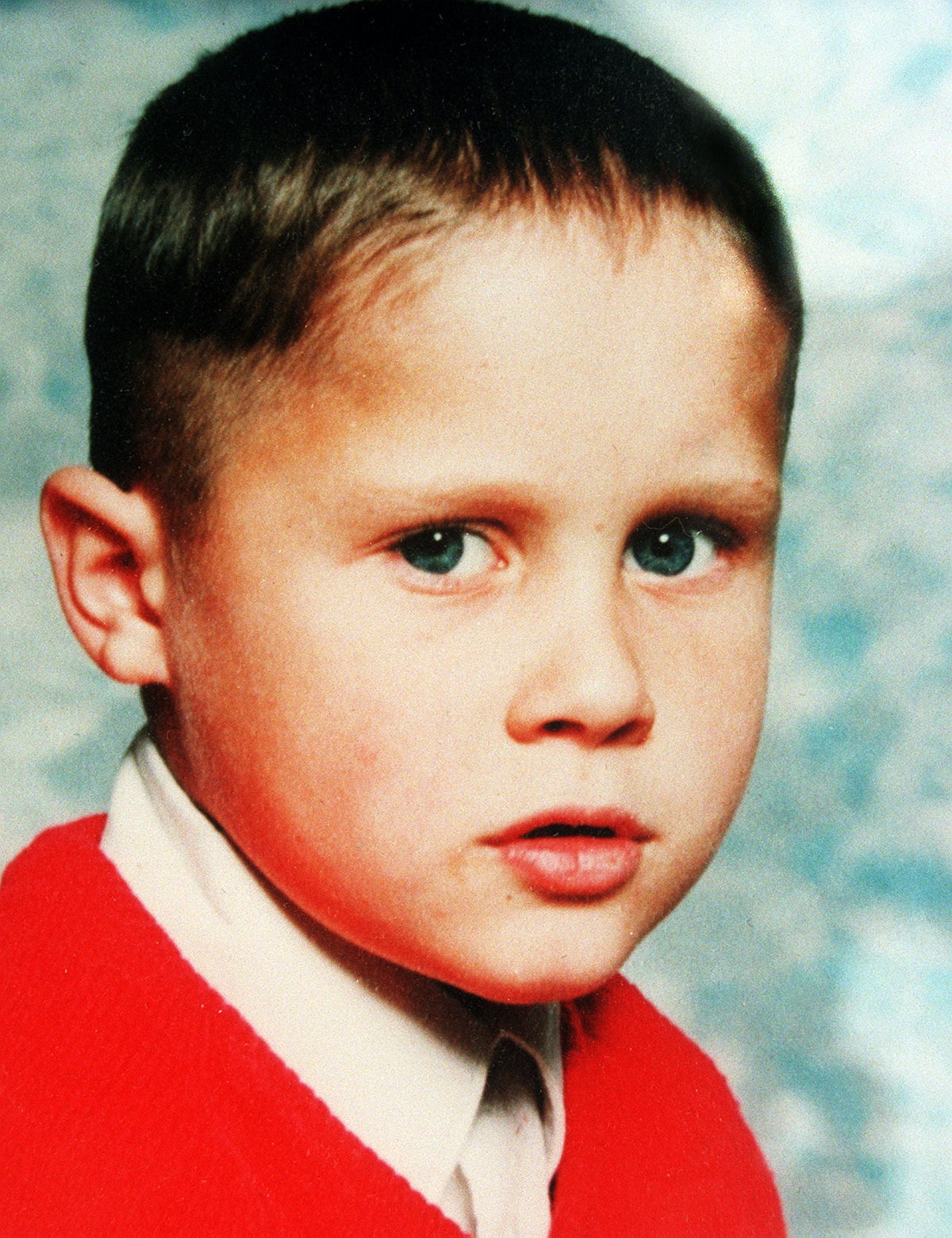
A murderer brought to justice more than 27 years after strangling a six-year-old boy has been jailed for life.
James Watson was 13 years old when he lured Rikki Neave to woods just a few minutes’ walk from his home in Welland, Peterborough, on 28 November 1994.
The 41-year-old was sentenced to serve a minimum of 15 years at the Old Bailey on Friday morning after he was found guilty in April of the murder. The case had gone unsolved for close to three decades.
John Price QC, prosecuting, had said Watson would be sentenced for the age he was at the time of the murder. The prosecution and the defence were agreed the starting point was one of 12 years.
There was “the clearest possible indication” of a sexual motive in the way Rikki’s naked body was displayed, he added.
Watson throttled the boy from behind with a ligature or anorak collar, to fulfil a “morbid fantasy” he had told his mother about three days before.
He stripped Rikki and posed his naked body in a star shape for sexual gratification, deliberately “exhibiting” him near a children’s woodland den. Rikki’s body was found the day after he went missing.
The court heard various victim impact statements, firstly from Rochelle Orr, one of Rikki's younger sisters.
She said: "I was only three when Rikki was murdered and I was removed from my family. After I entered the care system I suffered severe mental health issues.
"I remember Rikki feeding me, washing me and helping me with my clothes.
"He has missed so much of our lives, happy times that we have had. I also wonder what he would be like if he was still here but, sadly, I will never know because he was taken from me."
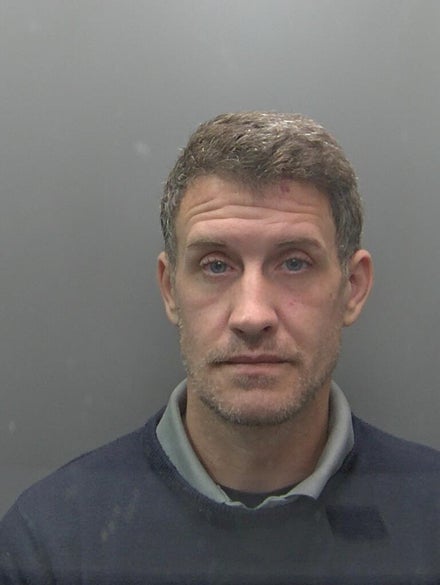
Rebecca Maria Harvey, Rikki’s eldest sister, broke down as she addressed the court.
She said: “Although I was the eldest, it wasn’t like that as he would look after me. Losing Rikki was like losing the other half of me.
“I still wake up every day thinking it was a nightmare. I never had a brother to grow up with.
“Rikki is the one who is not here and lost his life, but the effect this had on me and my family is just never-ending.”
“I just cannot understand what happened or why. This has been so traumatic, not knowing what happened to him or why. Not only did I lose Rikki, but I lost my whole family.
“I miss him so much. All of our lives have been turned upside down and nothing has been the same since.”
Addressing Watson, but not using his name, she said: “After all these years of living your life ... you finally get your comeuppance and Rikki Lee Harvey finally gets justice.”
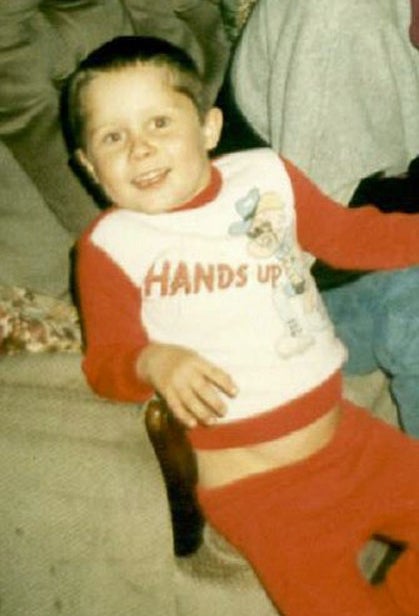
Jennifer Dempster QC, defending Watson, said her client’s most substantial mitigation was his age at the time of the offence.
She also said there were “particularly sensitive matters” in Watson’s life – not aired in court – which made him vulnerable and he was taken into care in 1993 after being assaulted by his father.
She said: “The defendant himself was a victim at the hands of others.
“The defendant’s education and general childhood was affected by being let down by a variety of adults in his life who ought not to have done so.”
Ms Dempster added: “This was a young man – a young boy – who really had no stability in his life.”
She added that there was no evidence “in any way, shape or form” that Watson sexually assaulted Rikki.
Police had initially accused Rikki’s mother Ruth Neave of the killing, but she was acquitted after a trial in 1996. However, she was jailed for child cruelty offences, a conviction she has said she now hopes to challenge.
Watson was spoken to as a witness at the time because he was seen with Rikki on the day of his disappearance.
But his lying account went unchallenged and he was not considered a suspect until a DNA breakthrough years later linking him to Rikki’s discarded clothes.
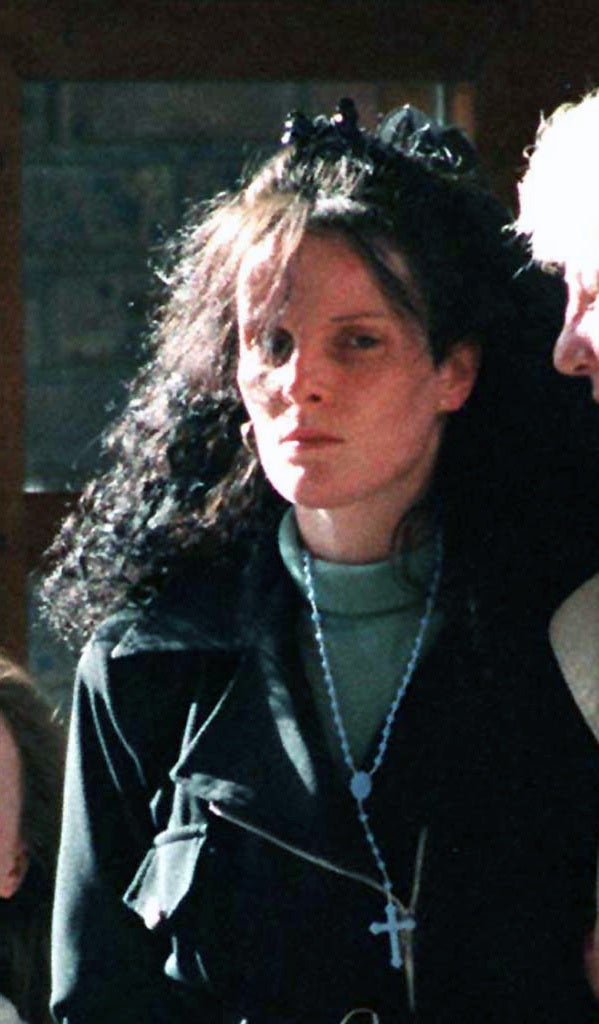
Watson was found guilty of murder by a majority after an Old Bailey jury deliberated for 36 hours and 31 minutes.
Previously, the court heard how Watson’s sexual interest in younger boys was known to police, who interviewed him over an allegation that he molested a five-year-old in 1993.
More disturbing behaviour was noted at Watson’s children’s home, including him masturbating over pictures of young boys in underwear and keeping a dead pheasant in his room, the court heard.
The prosecution claimed it was no coincidence that, three days before the murder, Watson was the source of a bogus radio report about a two-year-old boy being strangled.
Immediately after Rikki’s murder in identical circumstances, Watson obsessed over newspaper coverage of the killing, copying front-page stories at school.
Jurors heard that key evidence in the case against Watson included Rikki’s last meal, of Weetabix, which fixed his time of death at about noon.
It meant Rikki was killed shortly after being seen with Watson heading to the woods where he used to play.
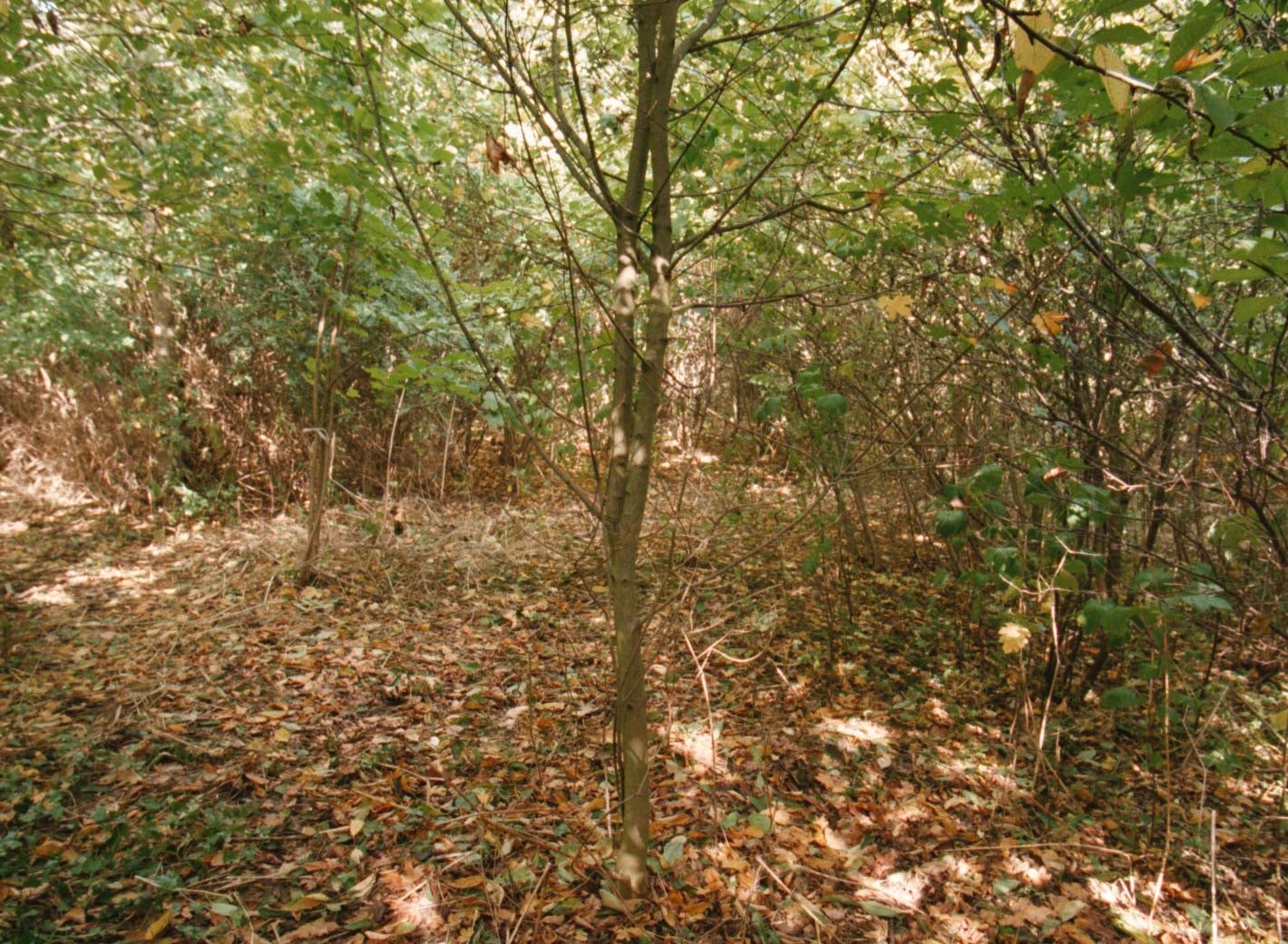
Rikki’s muddy Clarks shoes also indicated his walk into the woods was a one-way trip.
In a police interview in 2016, Watson attempted to explain his DNA’s presence on Rikki’s clothes by claiming he picked him up to look at diggers through a hole in a fence.
Prosecutor John Price QC said that was his “really big mistake”, as police were able to prove the fence was not there in 1994.
Jurors were told Watson has a long criminal record, which includes convictions for stealing cars and setting fire to a British Transport Police station.
Watson fled to Portugal while on bail on suspicion of murder, but was extradited back to Britain.
In his defence, Watson’s legal team pointed the finger of suspicion at Rikki’s mother, which she rejected.
After the verdict in April, Ms Neave thanked the jury for making “the right decision”, called her son’s killer a “monster” but said, “This is not the time to celebrate as it should never have happened.”
Additional reporting by Press Association







